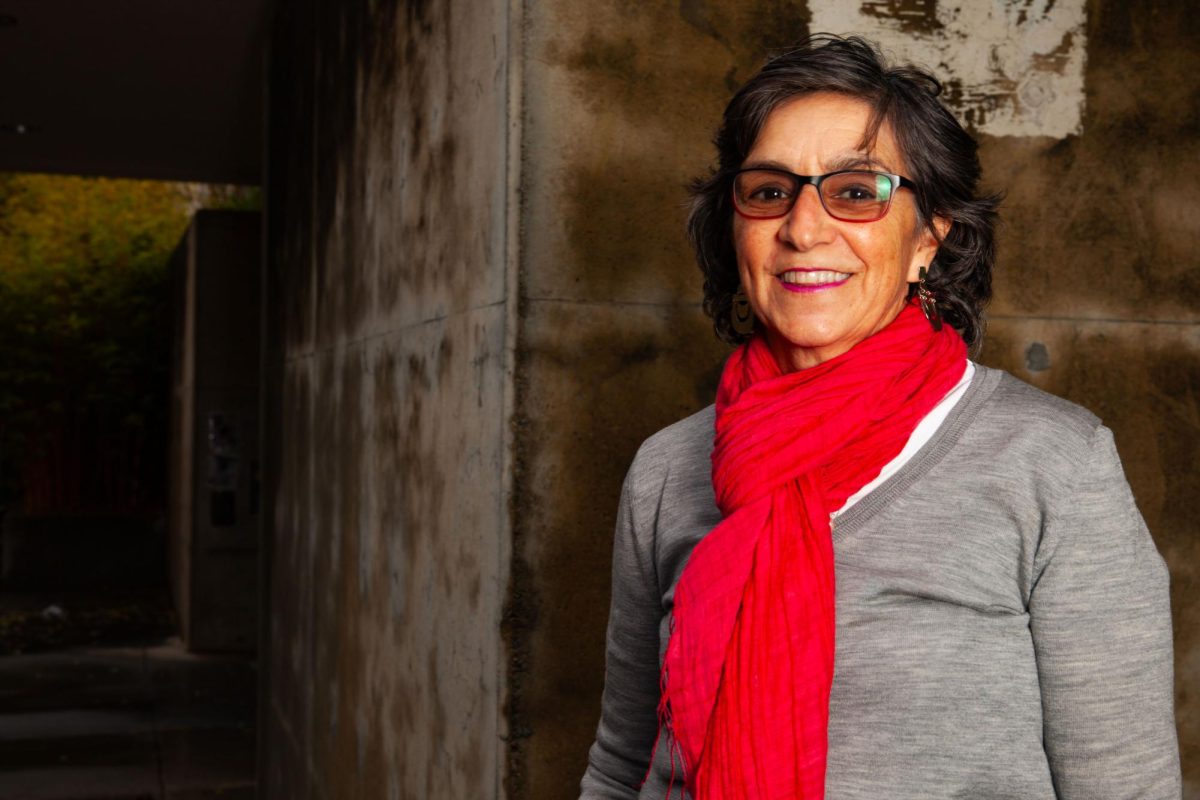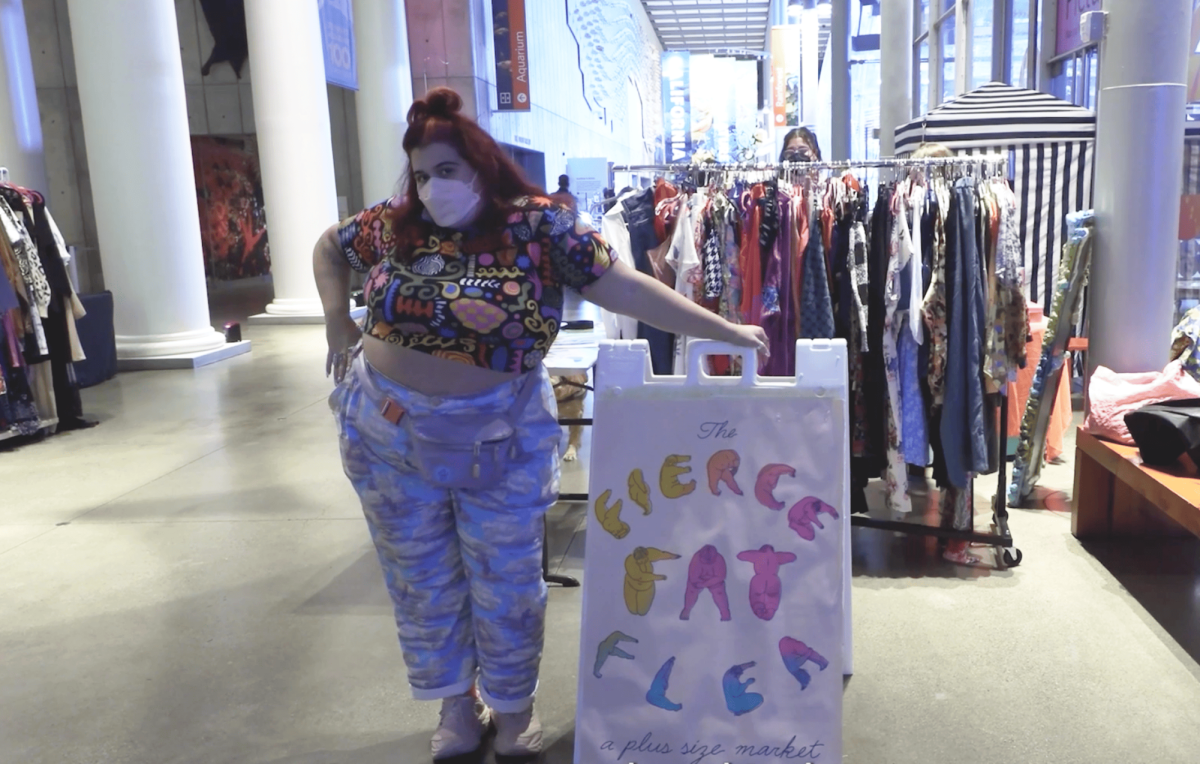Mahoney: First woman president in SF State history
Sep 3, 2019

Lynn Mahoney was originally a U.S. historian with a Ph.D., gearing up to educate students about the record of the past. She expected to be on a traditional teaching path, potentially write a few history books, until her husband — also a history teacher — got a tenure-track job in a New York public school. From there, her career took a turn. Mahoney said they were given the opportunity to live among New York students in on-campus housing where, she said, she became intimately acquainted with hard- ships students faced.
“When you live with students and they’re your neighbors it’s different than having a class with them,” Mahoney said. “You see them as a whole person, they see you as a whole person, but it made me much more acutely aware of the ways in which, as good as we were in the classrooms as teachers, the holistic experience for students, we sometimes made it really hard for them to get their degrees.”
Mahoney said she became evangelical about student retention and climbed the educational ladder to make a difference. She moved to the West Coast, became Provost and Vice President for Academic Affairs at Cal State LA, then arrived in San Francisco to be sworn in as the first woman president of SF State.
“I was a women’s historian. I advised a lot of female students. I’ve kept an eye on gender equity and gaps like that,” Mahoney said. “But now, in this role, I’ve realized I have an overwhelming responsibility to help young women.”Now that she is settling into her new role, Mahoney said, she wants first and foremost to address the lack of student housing on campus and prioritize building better relationships with students and staff. She said she heard that students don’t feel like they had a good line of communication with the administration and wants to improve the connection by scheduling in-person meetings.“My goal is to make San Francisco a consistently great place to learn and a consistently great place to work, and the only way I will find out how to achieve that is by meeting folks,” Mahoney said. “I am driving my calendar people insane.”
Mahoney is entering the university at a time where the first campus climate report, released last semester, indicates that members of the SF State community are feeling dissatisfied with the university environment.“I have looked at the summaries of [the campus climate report], which are enough to tell me we have work to do,” Mahoney said. “One of the statistics there that stuck out to me was the number of our faculty and staff who think about leaving.”She said she was at a town hall meeting last Thursday where staff expressed their concerns highlighted in the report. Mahoney said she plans to hold further meetings with faculty to pinpoint issues.“I said the first thing I have to do is learn what is making all of you so unhappy,” Mahoney said. “But the other thing I heard loudly was, ‘We are committed to social justice, we are very diverse, but we wrestle sometimes with how to make everyone feel included.’”
Just before the fall semester began, professor Rabab Abdulhadi, Arab and Muslim Ethnicities and Diasporas (AMED) studies director and Muslim Student Association adviser, received hate mail at her office. In the past, she has said she felt “harassed and abused by SF State.”“I think of the McCarthy era. It had a horrific stifling effect on the intellectual and cultural life of the United States,” Mahoney said. “So I am an ardent supporter of freedom of speech and academic freedom, but when we exercise free speech and academic freedom, some- times the response we get, particularly in the 21st century social media world, would be horrific.”She said Abdulhadi was the latest person to receive these kinds of messages and that these types of threats were also prevalent at Cal State LA.
“This is happening a lot, and the first thing we do is we have to do is assess it, and University Police has ways of assessing it,” Mahoney said. “Then you do the best you can to try to make the faculty feel safe. Whether it’s a little extra help getting to cars at night, we do a case-by-case.”Mahoney said SF State should be a model for inclusion now, just as it was in the 1960s during student-led strikes and the formation of the College of Ethnic Studies.“Diversity and inclusion is not easy,” she said. “If it was easy, the whole country would have done it. So we have to be the place that’s not just a model of it … I think [being a model of diversity and inclusion] will require courageous conversations that are not always comfortable and often painful, but we should be the site of this.”








